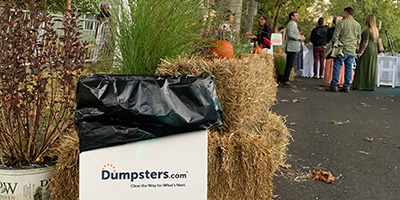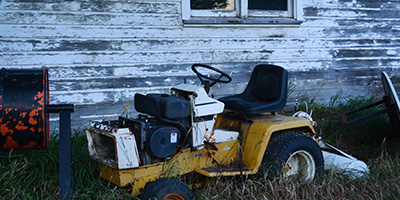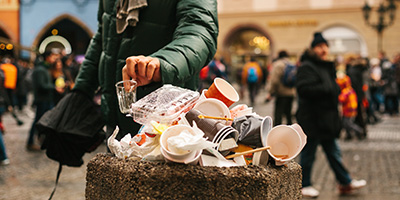How Curbside Composting Works to Reduce Methane Emissions
Learn how city curbside collection programs help reduce methane emissions, plus eco-friendly tips to do your part.
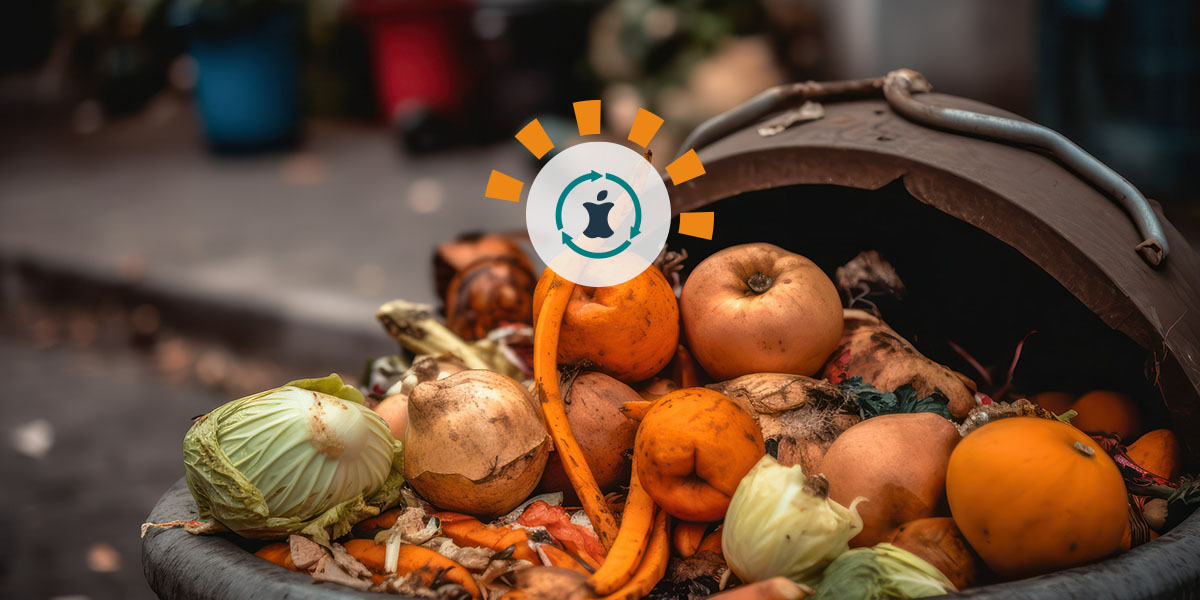
Why Do We Need Curbside Composting Programs?
Food waste takes up a lot of space in our nation’s landfills, with up to 40% of the food we produce left uneaten. That’s a big problem because rotting food releases methane, a strong greenhouse gas and a top contributor to climate change. Composting is an increasingly popular way to keep your expired groceries from the trash bin and limit your environmental impact. But many of us lack the time or space to compost at home. In response, cities across the country are adopting curbside composting programs to support a more efficient food waste diversion system.
How Does Municipal Composting Work?
Composting at home is easier with curbside service. When you sign up, the company will provide you with a sealed pail that plays basically the same role as a recycling bin. Then, it’s just a matter of sorting.
- Fill your pail with food scraps throughout the week.
- Store your pail wherever makes the most sense in your home, whether that's in a cabinet or closet, under your kitchen sink or out in the garage.
- Place the pail at the end of your driveway or along the curb on the morning of your designated pickup day.
- Bring back the new, clean pail provided after pickup and repeat the process.
- After your food scraps are collected, they travel to a local composting facility where nature takes its course.
- Most food scrap collection services will deliver the soil back to you after it’s finished composting. This way, you can give your garden a natural nutrient boost.
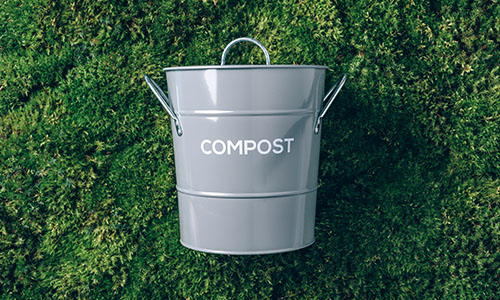
Items Curbside Composting Programs Accept
- Breads and grains.
- Eggs and eggshells.
- Dairy and deli products.
- Paper napkins and towels.
- Meats, bones, fish and shells.
- Fruits, vegetables and produce.
- Uncoated paper cups and plates.
- Coffee grounds and filters, tea bags (without staples)
- Dead flowers, weeds, grass clippings and small house plants.
Be sure to check with your local composting service for a full list of accepted items.
Leading the curbside compost collection movement, small startup organizations, like Curbside Compost in Ridgefield, Conn. and Roots Compost in Lawrence, Mass. are bringing new life to leftovers across the New England area.
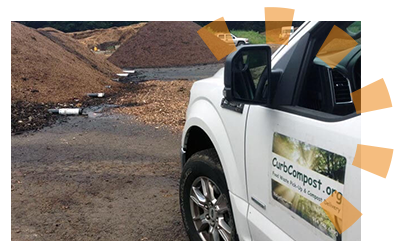
Spotlight On: Curbside Compost in Connecticut
Serving the Fairfield and Westchester County communities, Curbside Compost collects food scraps from homes, schools, offices, markets, restaurants and events.
Owners Nick and Erica Skeadas started their compost businesses in 2015. Curbside Compost transports your food scraps to New Milford Farms and Quantum Biopower, charging $32 a month for residential pickup. The compost is then sold to customers for $17 per bag.

“Every household is different, but we collect about 13 pounds per household per week.”
Spotlight On: Roots Compost in Massachusetts
Aiming to make sustainable food disposal more accessible, Roots Compost in Lawrence, Mass. partner with two local composting facilities where they deliver organic waste collected from homes and restaurants. Sebastian Brown and fiancé, Mary Jeanne Hardwood started the company in 2015.
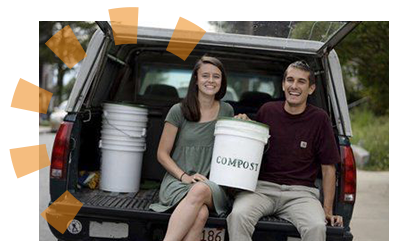
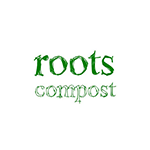
“We're dedicated to keeping our partnerships and scale as local as possible so that we can remain a green and community-based operation in all aspects. Being a part of community efforts to strengthen our local food system and empower residents to have more control over it, is as important to us as helping individuals put their waste to good use.”
Find a Compost Collection Program in a City Near You
Looking for someone to handle your food scraps? Check out our growing list of city composting programs across the country.
- Garbage to Garden in Portland, ME
- CompostNow in Raleigh, NC
- Vermont Compost in Montpelier, VT
- Compost Crusader in Milwaukee, WI
- Veteran Compost in Aberdeen, MD
- Bootstrap Compost in Boston, MA
- Black Earth Compost in Gloucester, MA
Curbside Composting FAQs
How much methane do landfills produce?
Around the world, landfills release a lot of methane — nearly 11% to be exact. The U.S. accounts for approximately 14.3% of these emissions. These percentages are expected to increase up to 70% by 2050, but composting can go a long way toward decelerating that growth.
How can we reduce landfill gases?
Separating organic waste and preventing cross-contamination with other trash helps keep methane feedstock out of landfills. This results in reduced landfill gases and provides environmental benefits.
How do I set up community composting?
Set up composting in your community in four steps:
- Learn why and how to compost.
- Decide where you’ll compost and who should be your partner.
- Choose which stage of the composting process to tackle.
- Advocate for composting in your community.
You can also apply your civic power to advocate for policies and programs. Contact your elected officials to support local composting and directly fund community equipment.
Reduce Your Carbon Footprint
If you’re looking for a cost-effective way to reduce your carbon footprint at home or in your community, composting is a great way to start. With some simple sorting, you and your neighbors can help to reduce methane emissions from your local landfill.
Expert Contributor

Sebastian Brown
Founded by Sebastian in 2015 in Maryland, Roots Compost travels around locally to make composting accessible for the community. The company provides subscribing members with materials to compost their food waste and transportation for the compost to existing community piles. The company was sold in 2019 to a local composter.

Nick Skeadas
Nick is the owner and manager of Curbside Compost, a resource recovery company in Southern Connecticut. Nick, alongside wife Erica, are raising their two children in Ridgefield, where the family practices thoughtful living and helps teach others how to do the same.
Other Sources
Landfill Methane Outreach Program. Basic Information about Landfill Gas. (2023, August 3). Retrieved from Epa.gov
What Do You Think?
Have thoughts on composting programs in your city? We're listening. Head over to Twitter or Facebook,
and use #dumpstersblog to join the conversation.



